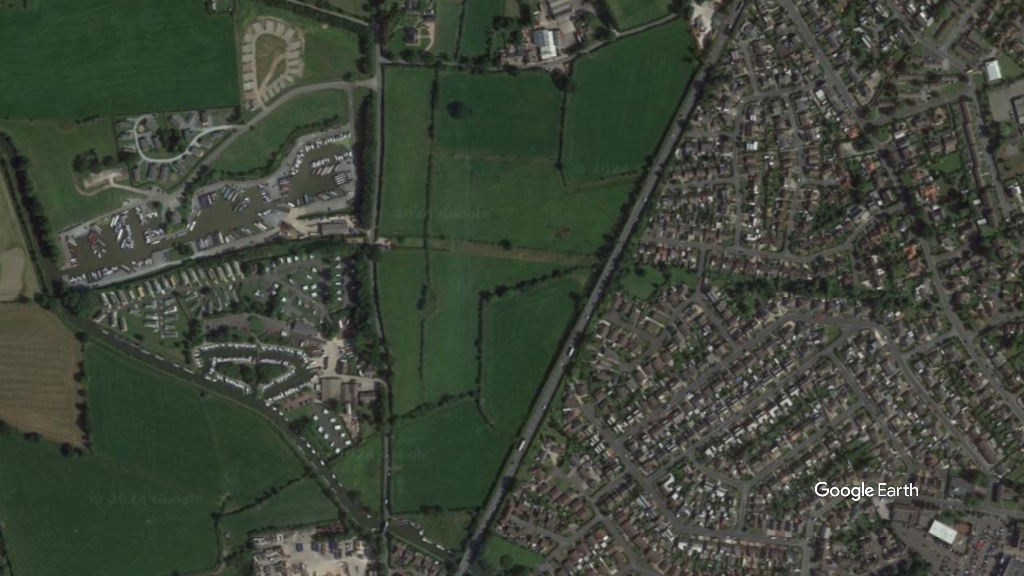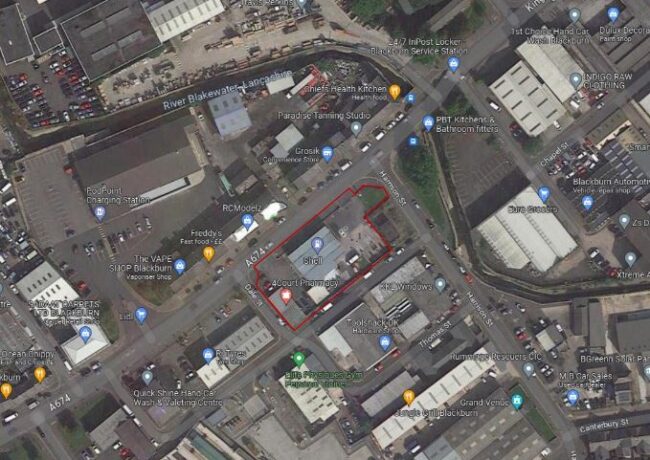Voters set to confirm new planning map
 Developers should keep a close eye on the results of today's local elections to see the impact on key committees and the localism agenda, writes Sam Schofield, director of PPS North .
Developers should keep a close eye on the results of today's local elections to see the impact on key committees and the localism agenda, writes Sam Schofield, director of PPS North .
Today's local elections are the first since the general election, the formation of Britain's first coalition government for a generation and the most radical changes in public spending since the war.
Seen in the national press as simply a big opinion poll, they are in reality a more complex mix of ward issues, city and borough issues, and barometer of the national picture. And with the advent of the localism agenda, with all that that brings with it, the attitude of individual councillors and councils to particular developments matters more than ever before.
Four years ago, when these seats were last contested, the Conservatives were the big winners, gaining over 900 of the 10,000 seats that were up for election across England. Labour lost just over 500 and the Lib Dems half that number. This year will see those figures going into reverse – the Conservatives are forecast to lose 20% of their seats and the Lib Dems a third. Labour should double their number of councillors.
What's the picture in the North West likely to be?
We can expect Labour councils to stay Labour; the two cities of Manchester and Liverpool will stay as they are, with slightly bolstered majorities, along with councils such as Halton, Wigan and Salford.
Even losing a fifth of their seats will still see strong Tory councils – both Cheshire councils, Trafford, and a host of rural Lancashire authorities – stay blue. Indeed, in most of these areas, a lack of campaigning activity on the ground for the Labour party might see them failing to take seats that on the natural swing they should take. In some cases the loss of their MP 12 months ago will have seen a hole in their local campaigning that won't yet have been plugged.
Most of the interest is likely to be around a handful of councils held by the Lib Dems or Conservatives but on a wafer-thin majority.
Warrington, presently a Lib Dem-Con coalition is an almost certain Labour gain, with the veteran Labour councillor Terry O'Neill, entering his 21st year as a Warrington councilor, likely to take over from Ian Marks.
In Greater Manchester, Oldham, a council that is contemplating cutting its membership by a third, losing 20 councillors, is almost certain to gain a Labour majority. Rochdale, after a year which saw the Lib Dems in the borough splinter, should see Labour come closer, but not quite achieve, a majority. Colin Lambert has been leader for only a few months, so is likely to be able to continue his tenure with more seats.
Further round the M60, Bury is likely to keep the Conservatives as the largest group- with Labour narrowing the gap but not overtaking them. Bob Bibby is likely to remain as leader, but it's more likely that he'll need an agreement with the Lib Dems to get any real decisions through. Finally, Bolton is almost certain to tip from being a Labour minority to being a Labour majority Council.
What does this mean for the property and development world in the North West? Most councils and most people, will see the same groups, probably the same faces, in charge after the local elections as before. The existing strength of the Labour party in the north west reduces the scope for large scale changes.
However, a few key councils, notably some of the Metropolitan authorities around Manchester and Liverpool; and Warrington, are likely to see new groups, new faces, new planning committees and new priorities from May.
The council AGMs take place in mid-May – and the identities of the key post holders for the next year will be confirmed. In between these dates, word may emerge from the group meetings of who their nominees will be.



